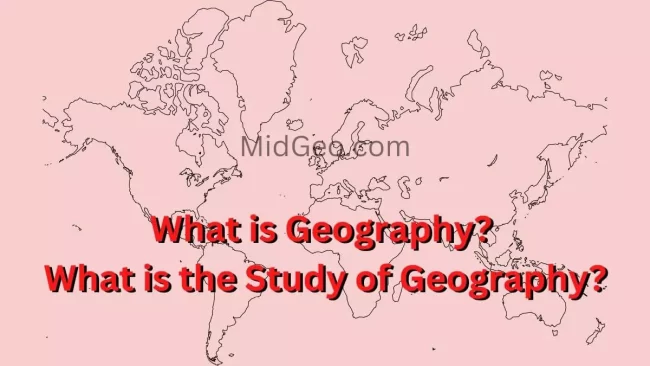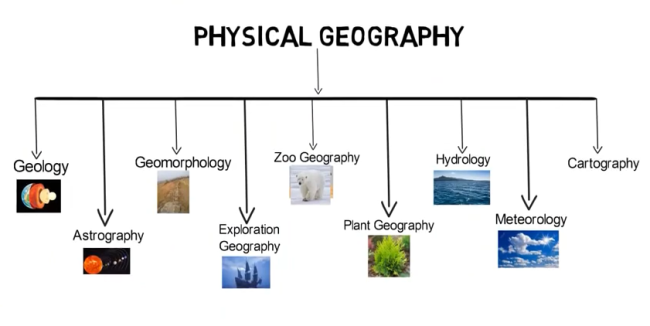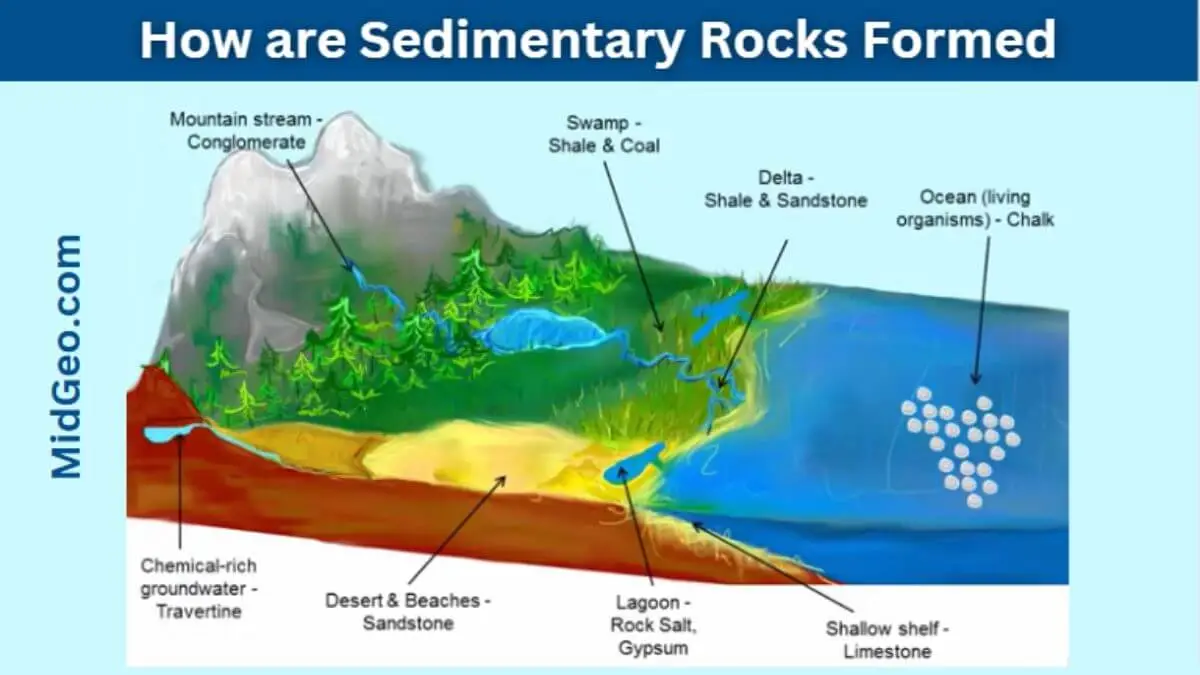What is Geography? What is the Study of Geography?

Hello, geography lovers like me, Today I will share with you my understanding of the world around us. Do you know what is geography? What is the study of geography?
I will help you understand The study of Geography. So let’s start.
If you look around you, you can experience Geography everywhere.
What is the study of Geography?
Content Summery
If you look around more closely, you may find yourself asking questions such as:
- What is earthquake?
- How does an earthquake affect people?
- How could we find our why inside a forest?
- How are coastal features formed?
- Why are certain coastal features found in a certain part of the coast?
These are the types of questions that geographers ask. They are interested in finding answers to the what, where, how, and why questions about the earth in order to have a better understanding of the environment that we live in.
What is geography?

Geography actually two Greek word, Geo & Graphy. Geo means “Earth” and Graphy means “Description”.
In other words, it is the study of physical and cultural features that exist on the surface of the Earth.
Geography is the study of features of both the physical and human environment and how they are distributed on the surface of the earth.

Ferdinand Von Richthofen (1833 – 1905) defined geography as “the science of the earth’s surface and the things and the phenomenon that are causally interrelated with it.”
Who is the Father of Geography?
Greek Scholar Eratosthenes (276-194 BC) who is the Father of Geography because he first use Geography word.
- World Environment Day 2024: Only One Earth | Date, Theme,and Significance
- List 10 Importance of Geography In the World
- Relative vs. Absolute Location | Definition & Examples
- What is a Beach? How Are Beaches Formed?
- List of Landforms A to Z on Earth
Branches of geography
According to definition, There are two main branches in the study of Geography,
- Physical or Natural geography and
- Human Or Man-Made Geography
Let us look at them in detail.
What are Physical and Human Geography?
Physicle/Natural Geography:
Physical geography examines the distribution of physical features on the earth’s surface and how they are formed.
For example, in Physical geography we are interested to know why there is a concentration of volcanoes around the Pacific Ocean and how they are formed.
Other physical features that are studied include the atmosphere, forests, rivers, and coasts.
Branches of Physical Geography

- Geology
- Astrography
- Geomorphology
- Exploration Geography
- Zoo Geography
- Plant Geography
- Hydrology
- Meteorology
- Cartography
Human Geography:
Human Geography if you look at the distribution of human features and their activities on the earth’s surface. It is interested in the relationship between people and the environment.
Let us look at the human activities of farming for an instant. We find that in mountainous areas, people learn how to terrace the steep slopes to make them suitable for cultivation.
On the other hand, the environment influences the choice of crop to be grown in these areas.
For example, areas with high rainfall are suitable for growing rice, which needs a lot of water. Thus, rice cultivation is found in such places.
Branches of Human Geography
- Economic Geography
- Political Geography
- Settlement Geography
- Statistical Geography
- Industrial Geography
- Agricultural Geography
- Regional Geography
- Social, Racial, Cultural Geography
- Population Geography
Both branches of Geography are interrelated. Physical Geography enables us to understand our physical world better, while Human Geography makes us more aware of how people relate to the physical world. Thus, the study of both branches gives us a fuller understanding of our environment.
Why do We Study Geography?
So, Why Study Geography? The study of Geography provides us with knowledge and skills. We will learn about how different physical and human features are distributed and how they are formed.
We also learn about people living in different parts of the world and their way of life.
With this knowledge, we are better able to understand and appreciate the world around us. This is important because the actions we take may have an impact on people in other parts of the world.
Besides knowledge, we also acquire skills that prepare us to handle information. Today, there is so much information being presented to us via television, newspapers, magazines, and the internet that it is very important to learn how to handle it.
Gathering, organizing, presenting, and interpreting information are basic information-handling skills. In your Geography course, you will learn how to gather data in a fieldwork activity, how to organize and present data in the form of a graph, and how to interpret information in a map and photograph.




